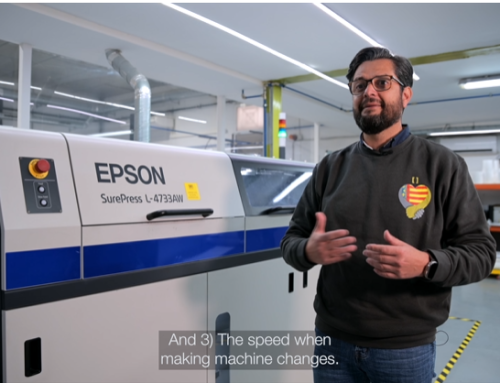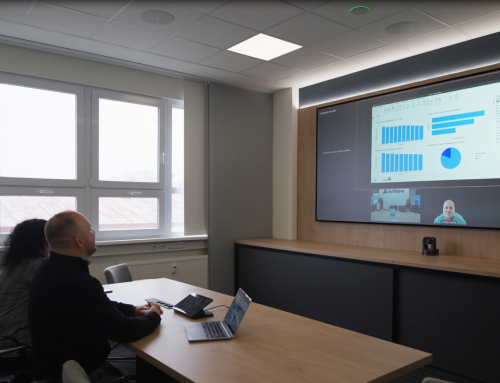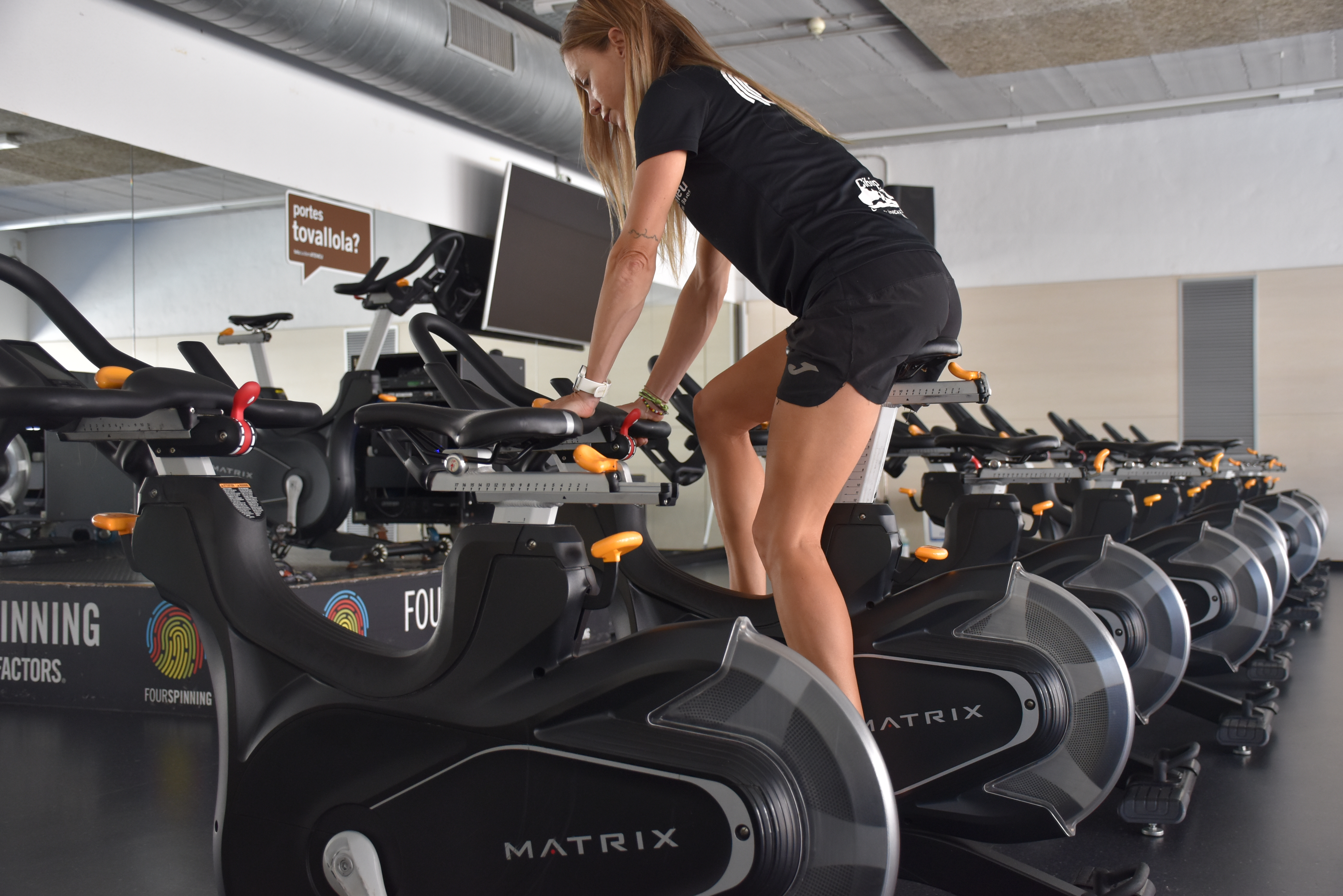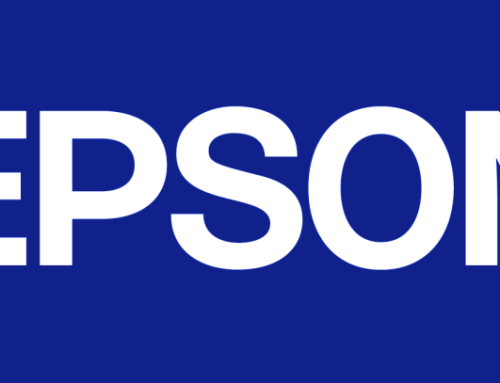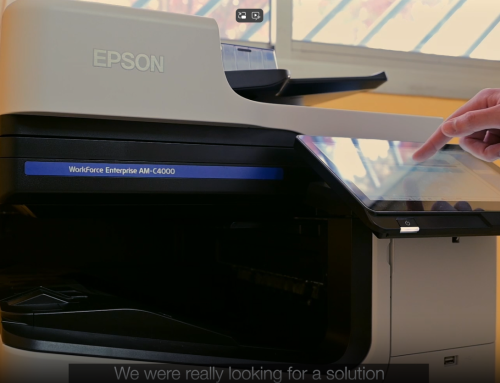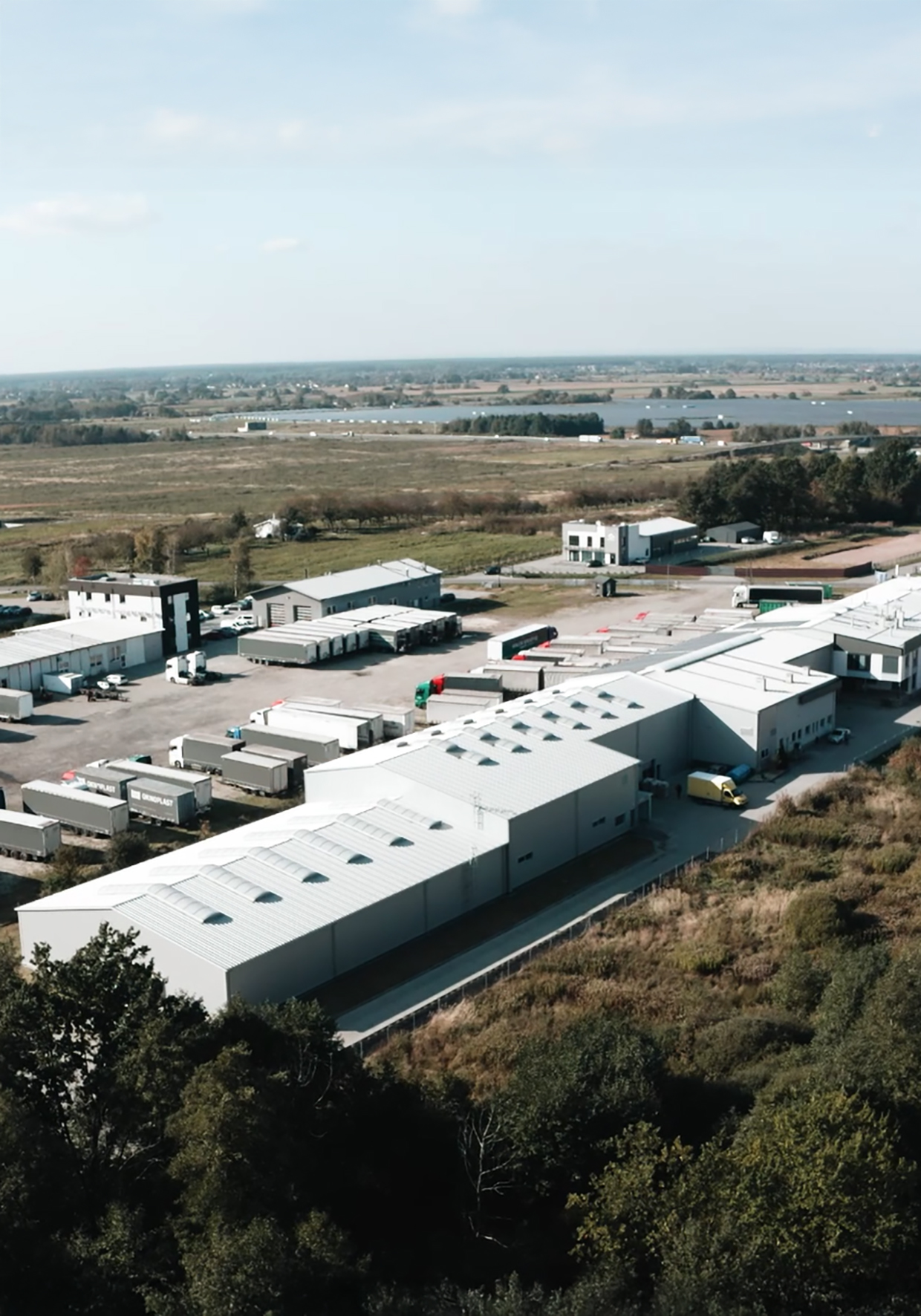Digital Labelling Aids Production Agility at Raynors
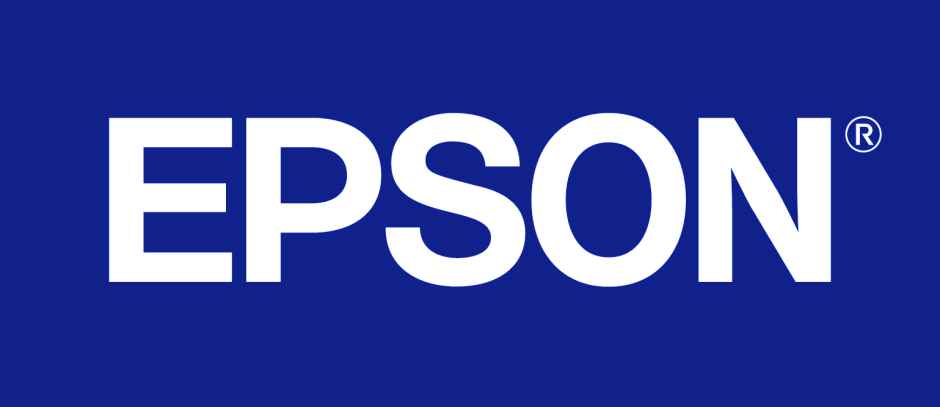
Raynors is addressing the need for fresh food producers to be increasingly responsive and agile with Epson digital printing technology.
Supply chain pressures and greater regulatory requirements, such as the recently introduced Natasha’s Law, are among several elements that have the potential to result in last minute label changes. Being able to manage them quickly, smoothly, and cost effectively can make all the difference to compliance, client and consumer satisfaction as well as minimizing waste and reducing costs.
Adam Newland, Managing Director of the Chelmsford family run business that produces branded sandwiches, rolls, wraps, panini, salads and bespoke products for the wholesale market, explains: “In the last six months with the pandemic and Brexit we have experienced some difficulties with the supply chain and, for some ingredients, we have been let down. We have had to find a quick solution and that has meant last minute changes. Being able to quickly adapt labels allows us to be flexible and puts us in a better position to manage customer demands.”
He adds: “With Natasha’s Law you can no longer make generic claims, so the labelling has to be more specific. Any change to the ingredients is now a more complex process but digitally printing the labels allows us to have greater control.”
Established 30 years ago Raynors traditionally placed large label orders for blank labels of up to 50 different versions and then overprinted them with black and white thermal printers. Says Adam: “If you needed to amend a label there was a lead time of four weeks and you had to factor in the cost of the plates which were around £40 per colour. When there are five or six colours that all adds up. Not to mention the minimum order requirement.”
The company began working with two Epson ColorWorks C7500 three years ago after it started to see greater variation in printed labels volumes. Its supplier Wessex Labels began printing more jobs digitally, especially when run lengths fell below 50,000. The printing operation then suggested Raynors take the smaller run lengths inhouse with Epson technology and Wessex’s own developed Tolarus software to manage the label design and print production process.
“We worked closely with Wessex and looked at a number of scenarios to see where digital became the economic option,” states Adam. “It was soon clear the best option was to add our own digital production capabilities with the Tolarus software. We chose two printers to factor in an element of redundancy. In the FMCG industry any failure of equipment today, without any redundancy, would impact on our customers tomorrow. Now we can produce any design on demand, make any tweaks and print very quickly.
“It means we don’t have to store so many designs or have money tied up in stock on the shelves. We can simplify what we need, order more of a fewer number of designs to benefit from the economies of scale and be clever with the design to use as little ink as possible. A huge benefit is that we can take a product from concept to launch faster. We can also support seasonal products without too great a commitment, particularly when the demand is unknown.”
To capitalise on the flexibility of digital print Raynor is now looking at alterative ways to print the information carried on the label including directly onto the packaging. Comments Adam: “We think this will add some degree of flexibility with regards to the finished product and as there will be no need for the labels to be hand applied it will save time and reduce costs.”
As for working with Epson Adam states: “The support has been very good when we have needed it, but it is not something we have called on much. When we did the system was swapped out and quickly repaired. There was no downtime. The printers are very robust, reliable and low maintenance.”
Andrew Coxall the Wessex Account Manager at Epson comments: “We have worked with Wessex from the first stages of their development of the Tolarus software, and it has been exciting to watch it evolve and succeed over the last few years. And, now, with the introduction of Natasha’s Law, it is reassuring to know it can help prevent many tragedies in the future.”


